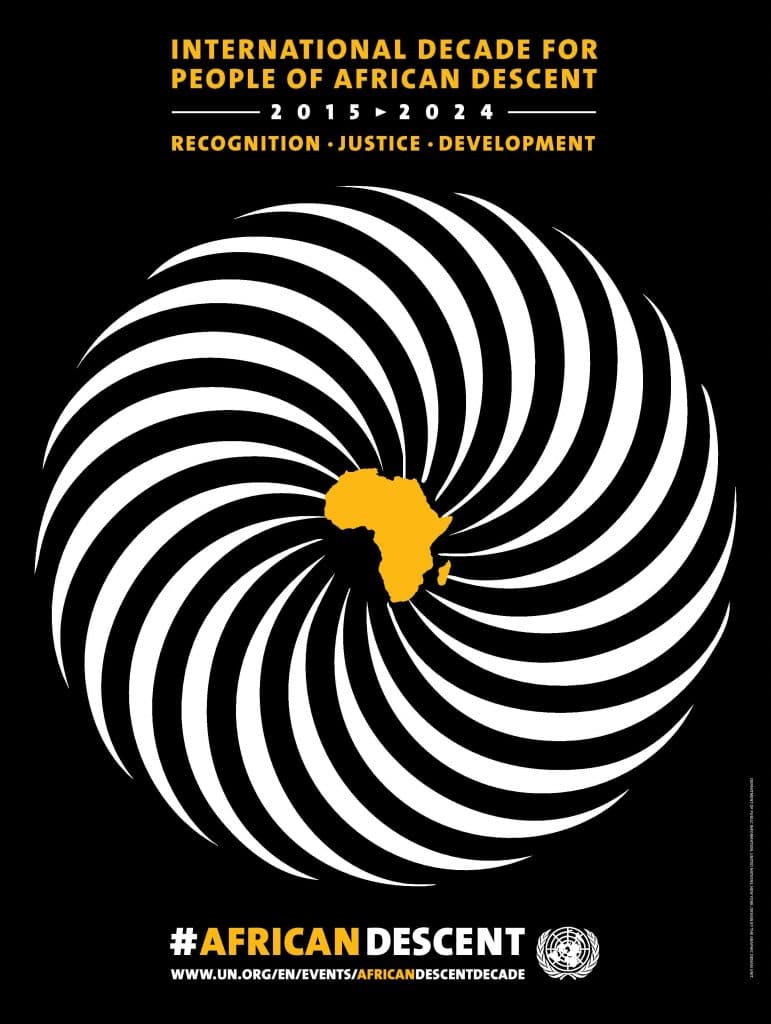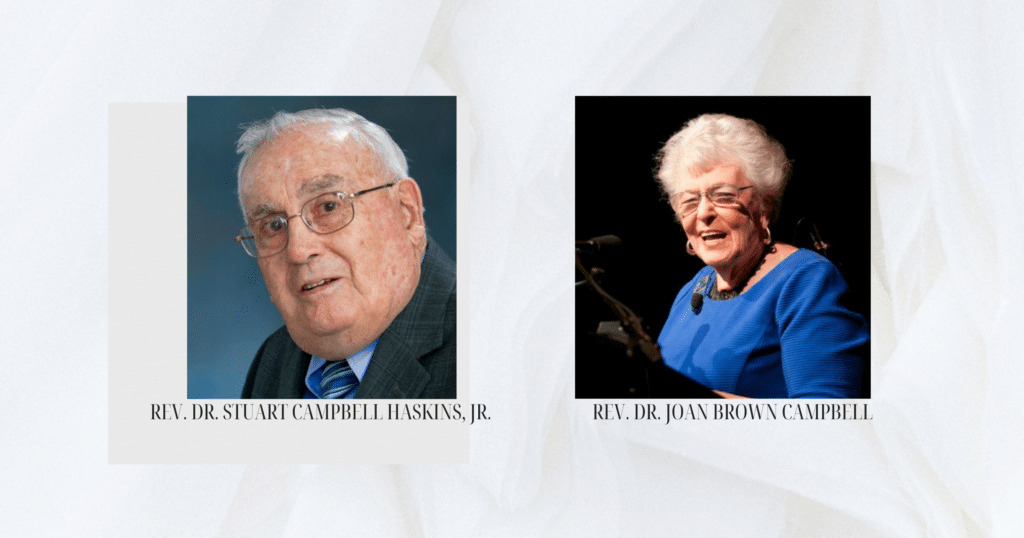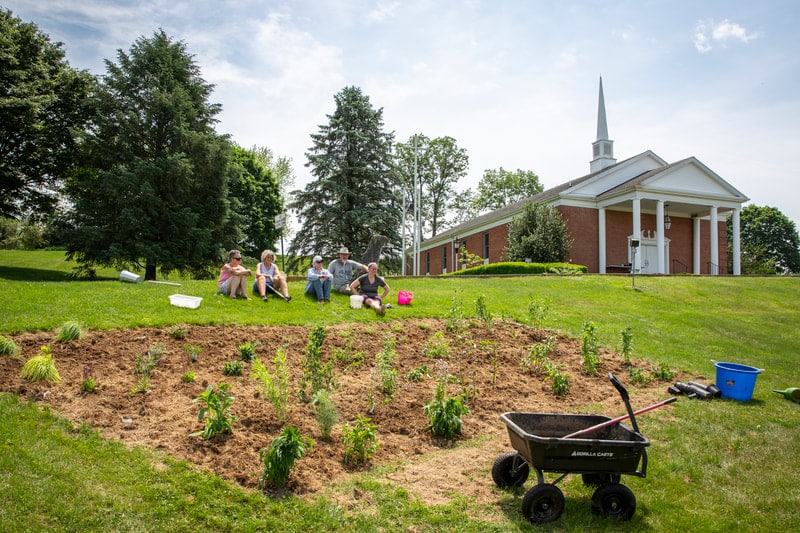Synod is asked to endorse global Decade for People of African Descent
The 2021 General Synod of the United Church of Christ, meeting July 11-18, will consider 11 resolutions and several bylaw changes. This is one in a series of articles about them. Readers can view an initial summary here and find full texts at the Synod website.
Two regional UCC bodies have adopted the United Nations’ way of supporting people of African descent.
On July 11, they will ask General Synod to urge the entire church to do the same.

Synod delegates will consider a resolution to recognize the U.N. International Decade for People of African Descent during their opening plenary. Two-thirds of them will need to vote “yes” for it to pass.
If adopted, the resolution would encourage “all settings” of the UCC “to adopt the Decade themes of recognition, justice and development.” It would urge local churches to use those three themes as “frameworks” for their “advocacy, commitments and engagement in the fight for the rights of People of African Descent.”
Decade’s journey
The U.N., in a 2013 resolution of its own, named the Decade as running from 2015 to 2024. The UCC and the United Church of Canada began promoting it at the staff level as early as 2018. The New Hampshire Conference endorsed it at its 2019 annual meeting
In 2020, the Southwest Conference did likewise, using the New Hampshire resolution as a model. “In preparation for our annual meeting, I updated the document to reflect the racial injustices that horrified the world during much of 2020,” said the Rev. Bill Lyons, the Conference minister in Southwest. “Delegates to our annual meeting passed it unanimously in October.”
Then New Hampshire and Southwest jointly submitted this year’s proposed Synod resolution.
What it’s about
The official U.N. description of the decade noted that 200 million people of African descent live in the Americas. “Many millions more live in other parts of the world, outside of the African continent,” it said in a background statement. Whether recent migrants or descended from victims of enslavement, they face challenges that are disproportionately high.
“Studies and findings by international and national bodies demonstrate that people of African descent still have limited access to quality education, health services, housing and social security,” it said. “…They all too often experience discrimination in their access to justice, and face alarmingly high rates of police violence, together with racial profiling.”
Under its themes of recognition, justice and development, the U.N. website reports a range of accomplishments so far in several countries. Among them are laws passed and systems created for complaints, monitoring, data collection and police accountability.
The proposed Synod resolution, in formally recognizing the Decade, notes that background in detail. Besides adopting the three themes, it would also encourage the entire church to:
- increase awareness of the Decade,
- work ecumenically to promote it, and
- use it to “intentionally address the legacy” of the transatlantic slave trade.
Emphasis on racial justice
Both sponsoring Conferences see the resolution as just one aspect of their work on racial justice.
New Hampshire’s Racial Justice Mission Group began work on the resolution more than two years ago, after an earlier vote to become a Racial Justice Conference, said the Rev. Richard Slater, associate conference minister. The mission group is now planning potential follow-ups that may include racial-justice-oriented workshops, preaching resources and outdoor-ministries activities.
The Sacred Ally Quilt Project — launched in 2020 in response to the murder of George Floyd — is another example of racial-justice responses across the Conference.
In the Southwest, Lyons called the resolution “one step toward living into our Conference’s commitment to restorative racial justice.” Its 2020 annual meeting also adopted a resolution titled, “Restorative Racial Justice: Decentering Whiteness in Our Churches and Society.”
‘Set that work in a world context’
Lyons said he hopes the Synod resolution “will support and affirm national UCC leaders as they participate in the world conversation on race and racial justice.” He would like to see Conferences and local churches “deepen our own racial justice work and set that work in a world context,” aided by “conversations and resources from the UN’s work.”
“I think this resolution is important because our church — the UCC as well as the Church universal — are not yet as diverse as God calls us to be,” said Andrew Ponder Williams of Scottsdale, Ariz. A member in discernment working toward UCC ordination, he will speak as a proponent of the resolution at Synod. He serves as UCC campus minister at Arizona State University and as minister to children and youth at Desert Palm UCC in Tempe.
“I believe our joining the UN International Decade for People of African Descent is a way for us all in the UCC to commit to celebrating the cultures and the histories of people of African descent through our worship, faith formation and fellowship,” he said. “I can’t wait to experience the ways our ministries will be emboldened through this commitment and the conversations and relationships that will emerge.”
Related News
Peace Be With You…
“…And also with you” is the response on Sunday mornings and on occasions where the peace...
Read MoreBreaking barriers and forging loving partnerships: Two servants of God are remembered
This Eastertide, the United Church of Christ remembers the Rev. Dr. Joan Brown Campbell and...
Read MoreGetting down and dirty in the soil: Rural congregation discovers ‘life has the last word’
The Rev. Julia L. Brown has a love/hate relationship with this time of year. “I dislike...
Read More




